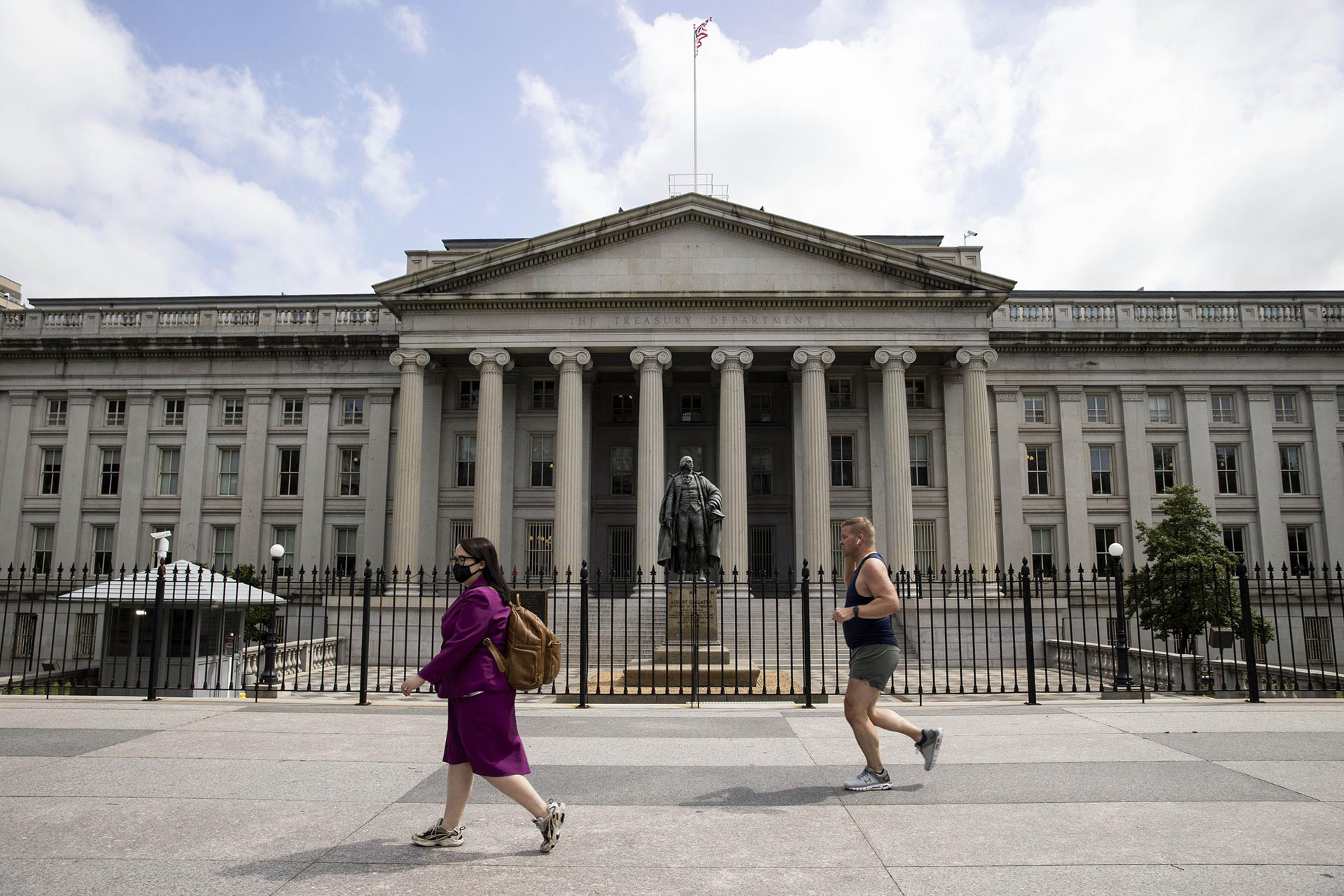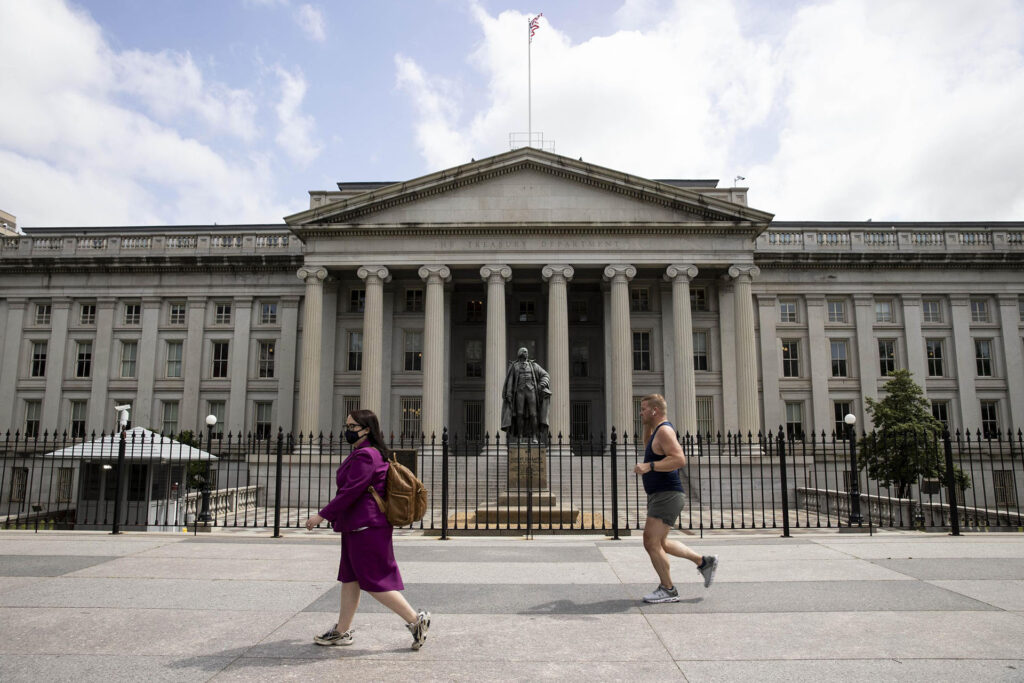FinCEN wants to clamp down on small payments fueling crime

Concerned that money transfers worth just a few hundred dollars are helping terrorists and fentanyl traffickers, the U.S. Treasury is pushing a new rule for banks, money transmitters and others.

The top U.S. financial crime watchdog wants to slash the value of transactions that banks and other financial institutions must report as potentially suspicious, citing small payments used to plan terrorist attacks and to import deadly drugs.
The Financial Crimes Enforcement Network, known as FinCEN, published a proposal with the Federal Reserve last week to require banks and others to collect and share with authorities information on potentially suspicious transactions sent overseas worth more than $250. The current threshold is $3,000.
“Malign actors are using smaller-value cross-border wire transfers to facilitate or commit terrorist financing, narcotics trafficking, and other illicit activity,” FinCEN said in its proposed rule. “Increased recordkeeping and reporting concerning these transactions would be valuable to law enforcement and national security authorities.”
The proposal comes weeks after the International Consortium of Investigative Journalists BuzzFeed News, and more than 400 reporters worldwide published the FinCEN Files investigation. The 16-month investigation was largely based on more than 2,100 leaked reports submitted by banks to FinCEN that detail possibly criminal money transfers.
FinCEN Files revealed how banks moved staggering sums of illicit cash for shadowy characters and criminal networks. Banks didn’t always know to whom they were providing services or did so even after the banks were penalized by U.S. authorities for flaws in anti-money laundering practices.
ICIJ reported on transactions, some worth only a few hundred dollars, that banks suspected may have paid for deadly drugs to arrive in the U.S. from China or been used to bribe witnesses to lie during a high-profile war crimes trial. In many cases, banks and other financial institutions, like Western Union and MoneyGram, reported the transactions as suspicious months or years after those who sent or received the money were charged or even jailed for high-profile crimes.
The existing $3,000 threshold dates to 1995. Under that rule, financial institutions that send or receive funds must collect and retain information on the sender’s name and address, the amount, the date, the bank that receives the money and other details.
That threshold is outdated, say crime fighting experts and law enforcement agencies.
In support of the new rule, FinCEN analyzed thousands of suspicious activity reports – or SARs – potentially related to terrorism financing. More than one million transactions included in the analyzed SARs were lower than $500, according to the report.
Article Credit: https://www.icij.org/investigations/fincen-files/fincen-wants-to-clamp-down-on-small-payments-fueling-crime/
